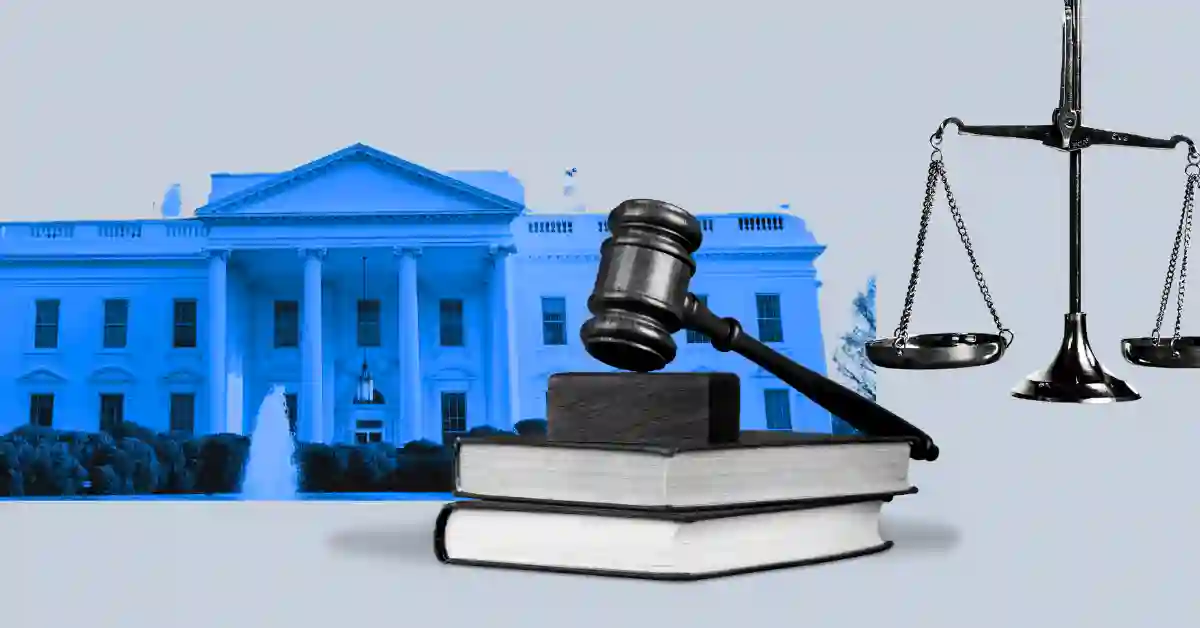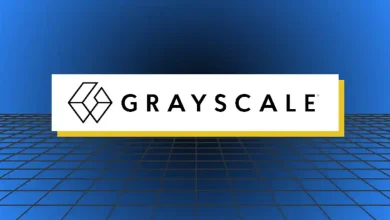
The landscape of cryptocurrency regulation in the United States could be on the cusp of significant change, as reports suggest that Donald Trump’s team is considering appointing crypto-friendly individuals to key regulatory positions. One of the prime roles under review is the chair of the Commodity Futures Trading Commission (CFTC), a pivotal body in shaping the future of digital assets in the country.
Understanding the Current Crypto Regulatory Landscape
Currently, the U.S. government has several grey areas in its approach to cryptocurrency regulation. With the industry rapidly evolving, there is a pressing need for clear and supportive policies. While Trump has yet to assume office, his team is proactively evaluating potential candidates for crucial roles within both the CFTC and the Securities and Exchange Commission (SEC). The recent controversy surrounding the SEC’s anti-crypto litigation officer underscores the significant stakes involved in these appointments.
Who’s in the Running?
Several prominent figures are being considered for the CFTC chair position. Perianne Boring, the CEO of the Digital Chamber of Commerce, is a notable contender. Boring has been a staunch advocate for a national blockchain strategy, emphasizing the need for clear token regulations and equitable crypto tax policies. Her criticism of the SEC’s aggressive stance on crypto, particularly in cases like the Coinbase insider trading incident, highlights her commitment to balanced regulation.
Another potential candidate is Caroline Pham, a current CFTC commissioner. Pham has demonstrated a supportive stance towards innovation, advocating for pilot programs to regulate digital assets and urging global regulatory cooperation. Her approach aims to harmonize innovation with risk management, making her a compelling choice for the role.
Summer Mersinger, also a CFTC commissioner, is another name in the mix. While her specific views on cryptocurrency are less defined, her inclusion in the list of contenders signals a competitive race for the position.
What This Means for Crypto in the U.S.
The appointment of either Boring or Pham could herald a new era of innovation-friendly crypto regulation in the United States. With the CFTC potentially taking a more central role in overseeing digital assets, the U.S. crypto market might enjoy clearer rules and reduced regulatory obstacles. Trump’s administration appears intent on reversing the regulatory crackdown initiated under President Biden, aligning with industry calls for a more supportive and growth-oriented framework.
Moreover, former CFTC leaders such as Heath Tarbert and Brian Quintenz are advising on the development of pro-crypto policies, reflecting a broader industry push for change. The final decisions, anticipated to follow the appointment of the Treasury secretary, could significantly reshape the governance of digital assets in the United States.
Conclusion
The potential shift in U.S. crypto regulations under a pro-crypto leadership could redefine how digital assets are managed and perceived in the country. As the Trump team evaluates key candidates for regulatory roles, the crypto industry watches closely, hopeful for a future where innovation is nurtured, and regulatory clarity prevails. The outcome of these appointments could set the tone for the U.S. cryptocurrency landscape for years to come, impacting investors, businesses, and the global crypto community.






